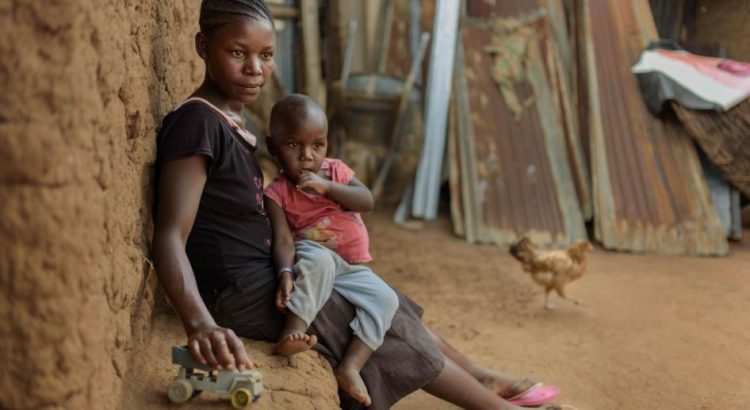Africa/14.08.18/Source: www.hrw.org.
Human Rights Watch recently reported that thousands of pregnant girls and teenage mothers across Africa are excluded from school. Burundi was then still among 26 African countries with supportive laws or policies protecting girls’ right to education regardless of pregnancy, or their marital status or motherhood.
So, this new policy is a backward step, joining Equatorial Guinea, Sierra Leone, Tanzania, and Togo in applying a punitive and discriminatory school policy against pregnant girls and teenage mothers. These policies effectively deny these girls an education.
In these countries, officials and lawmakers have insisted on punitive measures for girls they accuse of being “moral failures.” Yet Burundi’s government also points out that these girls are “victims” of pregnancy or child marriage. The government is right in that respect so it would seem that these girls need support, not punishment. Although statistics are hard to come by, child rights activists say many girls in Burundi have unwanted and forced pregnancies, often as a result of sexual violence.
Despite this harmful move by the Burundian government, there is broad support among African countries for keeping pregnant girls and teenage mothers in school. Some governments facing high pregnancy rates among students have adopted very pragmatic policies to support the girls’ education, while tackling the root causes of teenage pregnancies.
Countries such as Gabon, Kenya, and Malawi have school “continuation” or “re-entry” policies. “Re-entry” policies require pregnant girls and young mothers to drop out of school but provide avenues to return, provided that the girls fulfill certain conditions. On the other hand, “continuation” policies allow pregnant girls to remain in school for as long they choose to, and do not prescribe a mandatory absence after giving birth.
But even in these countries, many teenage mothers are not in school because of poor implementation of laws and policies, and weak monitoring of adolescent mothers’ re-entry to education. Our research found that teen mothers may stay out of school due to lack of awareness among girls, teachers, school officials and their communities that girls can and should go back to school. Girls are most often deeply affected by financial barriers, the lack of support from their families or communities, and stigma in communities and schools alike. Punitive and harmful aspects of some re-entry policies – such as long periods of maternity leave and complex re-entry requirements like medical certification, as in Senegal, or letters to various education officials requesting school placement, as in Malawi – can deter adolescent mothers from returning to school or catching up with learning.
Across the African continent, girls face unique challenges in educational attainment due to structural and systematic gender inequalities. The African Union through its Agenda 2063 – a continent-wide economic and social development strategy – has committed to build Africa’s “human capital,” which it terms “its most precious resource,” through sustained investments in education, including “elimination of gender disparities at all levels of education.”
Isolating female students from school just because they are pregnant or married denies them the opportunity to learn and acquire gainful skills to develop their families, countries, and the continent. As one of the poorest countries in the world, Burundi should be enabling its girls, not preventing them from achieving.
The African Union, as well as countries in the region, should urge Burundi to reverse this ban. The African Union should call on Burundi and all AU member countries to end pregnancy-based discrimination in schools and adopt policies to ensure that all pregnant teens and young mothers are supported to stay in school.
Pregnancy and child bearing are significant life-changing events for young girls. Many pregnant teens are stigmatized or rejected, with little to no support from the family or school. They are condemned by government officials, face economic hardship, and sometimes abuse and violence.
Banning them from schools only adds to their unnecessary suffering and should not be tolerated.







 Users Today : 188
Users Today : 188 Total Users : 35459783
Total Users : 35459783 Views Today : 348
Views Today : 348 Total views : 3418320
Total views : 3418320